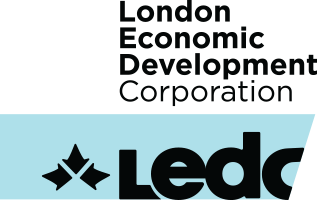With a lower strength magnet, artificial intelligence capabilities, a larger opening for patients and a dedicated focus on serving non-urgent/non-emergent cases, London Health Sciences Centre’s new MAGNETOM Free.Max MRI machine will help reduce wait times for patients while promoting inclusive care. By allowing non-urgent/non-emergent cases to schedule their MRI appointments and use a separate machine than emergency, the Free.Max significantly reduces backlog in the Emergency Department and streamlines the process.
LHSC is one of the first hospitals in Canada to have this technology, which uses AI to improve efficiency of the MRI process. The machine also uses lower frequency radiation, which makes it safer for technicians to operate, and more comfortable for patients with things like pacemakers or full-body tattoos. The opening is significantly larger than normal MRI machines, which improves care for patients with claustrophobia or who are too large for standard MRI machines.
The inclusion of this technology in care will reduce anxiety surrounding claustrophobia, prevent some issues stemming from a typical MRI’s magnetic pull in patients with metal implants and speed up the waiting list for these scans. Patients waiting for these scans will have their answers faster, and the introduction of this machine puts London, Ont. At the forefront of medical innovation yet again, providing the opportunity for other hospitals to follow suit.
For Department Head of Medical Imaging, Dr. Narinder Paul, innovation like this is a cycle: “The innovation process is really important, and the research is really important. Innovation is part of research and research is part of clinical care.”
This latest MRI also allows care teams to operate the machine from a distance. An example of this would be having a technologist at University Hospital operate the device located at Victoria Hospital. Technologists would be able to work remotely, so long as they’re at a hospital in the LHSC network, creating a stronger workforce. All of this because of AI and technology... no wonder London, Ont. Is one of the fastest growing tech cities!
There are eight research projects currently planned with the Free.Max MRI, all led by technologists looking at different aspects of this machine, including scanning of the head, musculoskeletal system, and the heart, as well as health system research such as the ability of this technology to help increase access to currently underserved populations.


